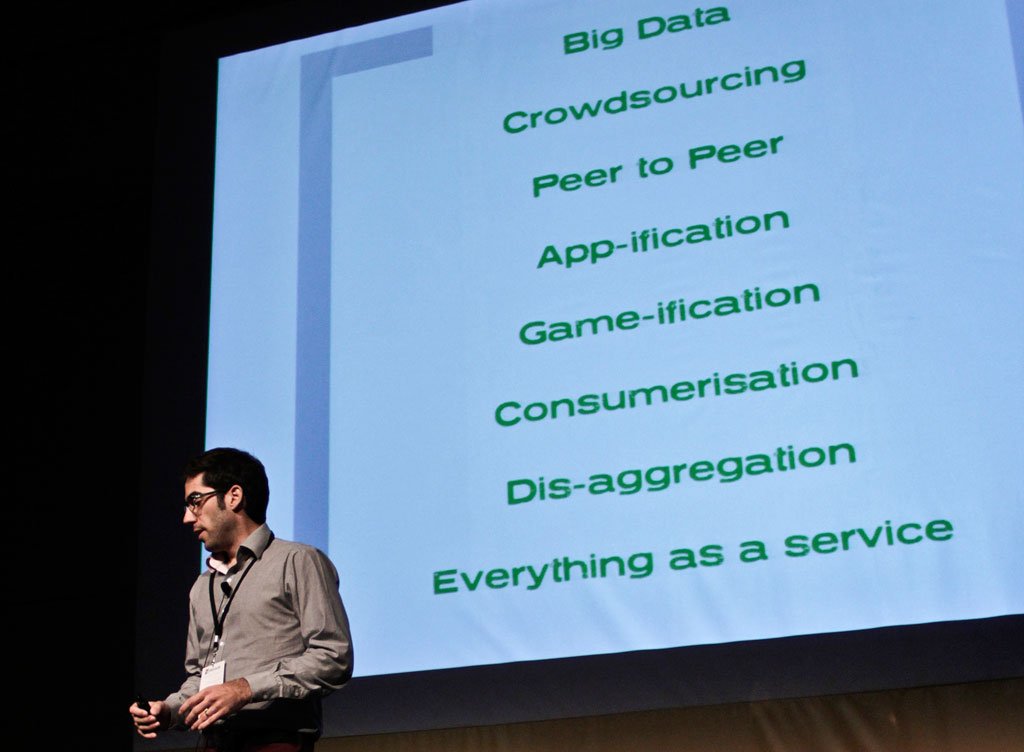A recent CIO article, titled ‘Emotionally savvy leadership’, contains some interesting ideas that the author gleaned from public sector leaders while conducting research for his new book: First Be Nimble: “While the emotionally cautious hold back, the savvy leaders engage with communities and other stakeholders, so they can run experiments together”. Emotional intelligence (EI) was the almost universal answer to the question of what leadership capabilities will be most important. This comes as little surprise to Andrea Zintz, Ph.D., president of Strategic Leadership Resources, which provides high potential leadership development, and is timely given that she’s just released her views on how and why to improve EI.
“While we often associate emotions with personal matters such as relationships and family, the fact is they play a critical role in the business world—and can actually make or break careers,” Zintz says. “EI influences how decisions are made and the quality of results, and it also affects reactions to stress; it’s definitely worth examining how it’s contributing to individuals’ success, or holding them back.”
She notes that one practical approach to improving EI is based on a new science-based theory of emotion developed by Charles Jones. His theory helps people understand emotions in an empowering way: the way we interpret what they communicate has more to do with how we attribute their source. The road to enhancing EI begins with correcting a common misconception which, when accepted, diminishes both people’s inclination and ability to resolve stress.
“Notice how you process your emotions and what triggers you to respond as you do,” Zintz suggests. “Most people are quick to justify their responses based on external causes – events and circumstances. He hurt my feelings. That scared me. This is a stressful day. Common to all these statements is the assumption that emotions as well as stress are caused by the situation and other people; there’s a lack of awareness of the connection between emotions and the internal processes that assist in dealing most effectively with what’s occurring.”
Zintz says through this process, people’s emotions are sending them signals that there’s a need the subconscious mind isn’t confident it can meet. Each emotion is connected to a separate human need, i.e., resentment is connected to a need to air a grievance, and anger with a need to assert a right, as reflected in these examples:
- If you’ve missed the mark on a work project, you may attempt to rationalize it by saying things would have been different if your boss had been clearer with his instructions—when what you’re missing is that you didn’t listen to the feelings of confusion and/or frustration arising from your subconscious mind that might have connected you with your need to get clearer by clarifying your boss’s instructions. This would have been an effective strategy for achieving the goal with positive results for you and your boss.
- Your response may be anger when you see your boss taking credit for one of your ideas—and your anger is telling you that your subconscious mind isn’t confident in how to meet your need to assert your right. This realization may lead to more effective and creative ways to meet your need, which may include letting go of your claim on that idea.
“The good news is that you can learn to increase your effectiveness by attributing the source of emotions to a signal from your subconscious mind about its confidence in meeting a need,” Zintz says. “For an example of how this works, when most people see a gun pointed their way, their reaction is going to be fear. Their subconscious sends a signal to the conscious mind that there’s a threat it doesn’t know how to handle. Policemen, however, are fully trained for these situations, so they’ll react differently due to having greater confidence in their ability to meet their need for mitigating a threat; they’ll be on high alert and probably calm.”
Zintz notes that the first step to improving EI is to stop mistaking the cause of emotions as events and circumstances. Jones calls this the “projective “ interpretation. Next, correctly attribute the source of the emotion to a temporary inability to meet one or more needs. Jones calls this the “adaptive” interpretation. Then, employ strategies to increase the level of confidence in meeting psychological needs, so it’s possible to:
- Change a belief—choose to let go of an attachment upon realizing the belief isn’t warranted.
- Change behavior—behave more assertively, more collegially, etc.
- Change environment—switch teams or projects, or companies.
“When you use the adaptive interpretation of emotion, it will enable you to examine the bigger picture and what you can control: your response to the situation,” Zintz said. “Your EI will improve when you foster a partnership between your conscious and subconscious mind—and your career may benefit as well.”

Hayden Richards is Contributor of IntelligentHQ. He specialises in finance, trading, investment, and technology, with expertise in both buy-side, sell-side. Contributing and advising various global corporations, Hayden is a thought leader, researching on global regulatory subjects, digital, social media strategies and new trends for Businesses, Capital Markets and Financial Services.
Aside from the articles, interviews and content he writes for IntelligentHQ, Hayden is also a content curator for capital markets, analytic platforms and business industry emerging trends. An avid new media explorer Hayden is driven by a passion for business development, innovation, social business, Tech Trading, payments and eCommerce. A native Trinidadian, Hayden is also a veteran, having served with the Royal Air Force Reserves for the past 10 years.
Follow Hayden on Twitter @HaydenARichards, linkedin.com/haydenhrichards and http://www.scoop.it/u/hayden-richards




























